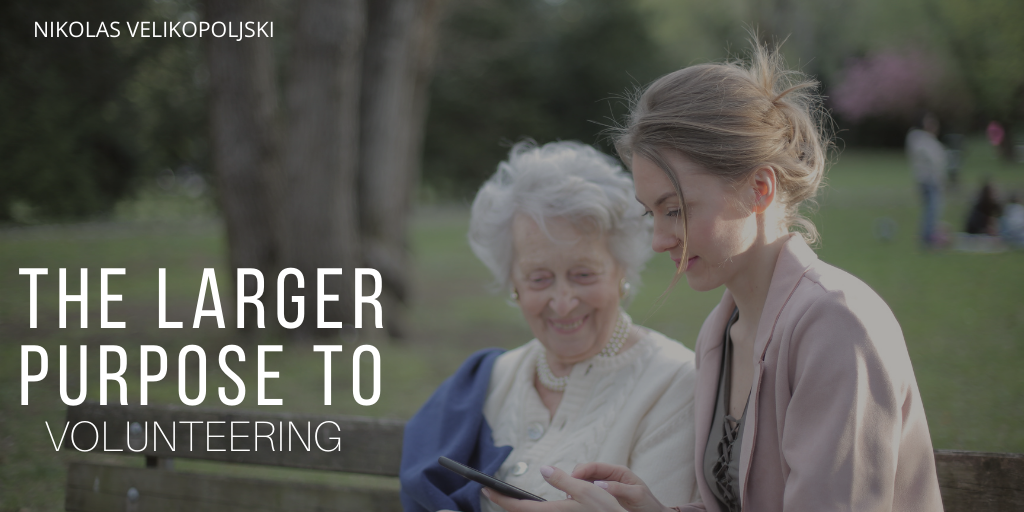Volunteering is something that you may have started as a child. Whether it was cleaning up flower beds or volunteering at a soup kitchen, volunteering is often incorporated into the school day or after-school activities. Unfortunately, some adults lose sight of volunteering once they get out into the “real world.” There are many benefits to volunteering, not just for the organization or cause, but also for the person who is volunteering.
A Sense of Purpose
Volunteering is a great way for individuals who feel a bit lost in the world to find their purpose. Volunteering is an easy way to find your purpose because it directly connects you with a cause that is bigger than yourself. You’ll be having a direct impact on other people’s lives and helping a cause that is dear to your heart. This sense of purpose will make you feel good and is good for your health.
Improve your Health
It is no secret that volunteering is good for you. One study found that volunteering was associated with indicators of physical health, psychosocial well-being, and health behaviors in a group of individuals over the age of 50. Further, those who volunteered just two hours a week fared better than those who volunteered zero hours per week. They also experienced lower feelings of depression, hopelessness, and loneliness.
In addition to the benefits for mental health, volunteering usually is a way to get out and get your body moving. This is a great way for older adults to stay active who may otherwise want to sit inside all day. Volunteering does not have to be strenuous to be effective. Any type of movement is better than none!
Think of Yourself First
While volunteering usually means thinking of there’s first, it is important that older adults think of themselves first when considering volunteering because of the COVID-19 pandemic. It is well-known that older adults are more at risk than other age groups, so they should consider waiting to volunteer in-person until the pandemic is over. Older adults can still help out from home by doing things such as making masks, preparing self-care kits, or even writing cards to those who may be in the hospital with COVID-19.

